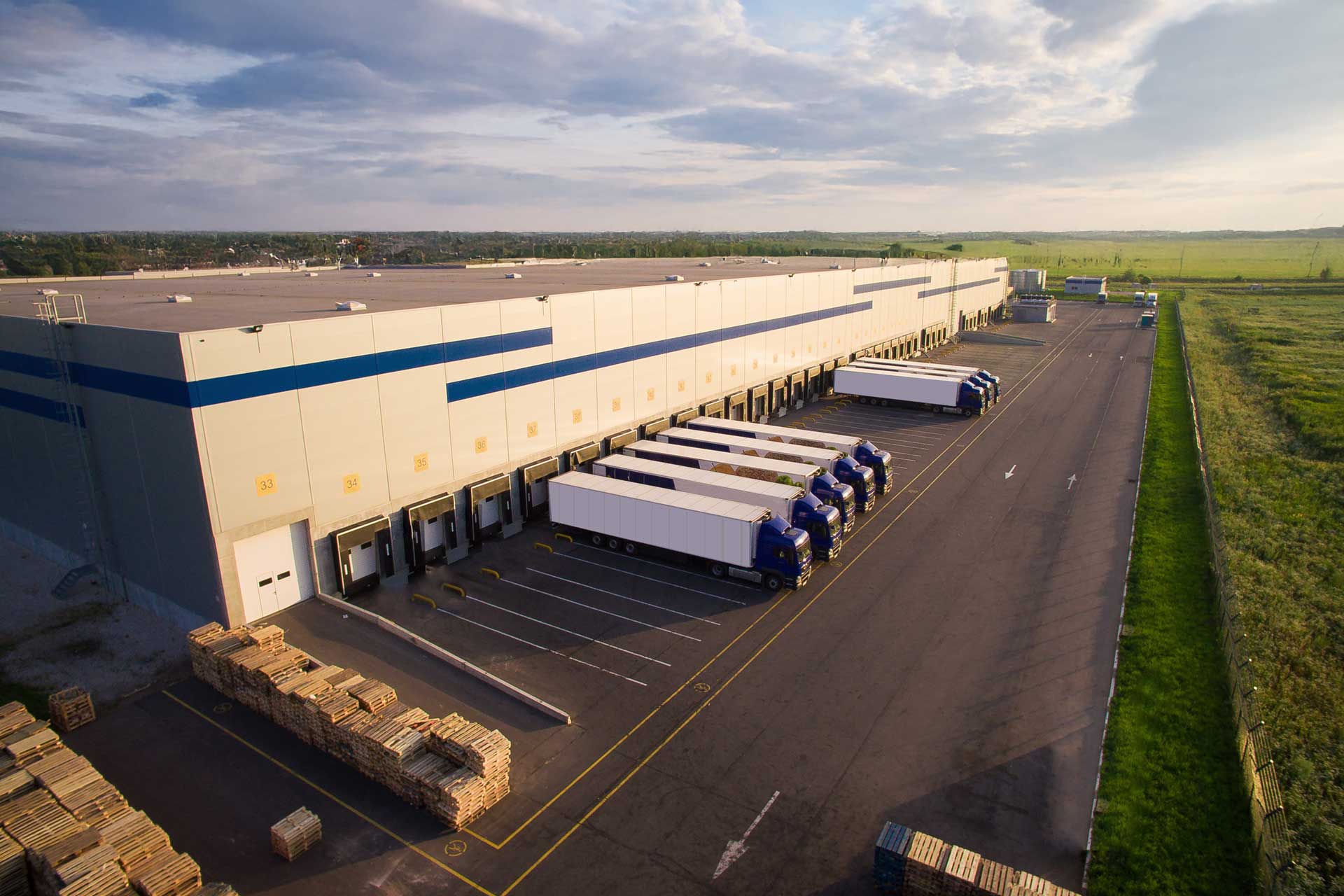When you think about digitalizing your operations, the same question usually comes up: should you implement a TMS or invest in a dedicated communication platform for clients and teams? The short answer: it’s not an “either/or” battle. A TMS organizes your internal operations; a communication platform cuts down noise, calls, and misunderstandings with clients, exporters, carriers, and dispatchers. In logistics, both layers complement each other.
TMS vs. communication platform: different functions, different goals
A TMS (Transportation Management System) is built to plan, rate, consolidate, and dispatch. It excels at internal processes and, depending on your setup, may cover part of the tracking. But it doesn’t always solve the daily conversations that stress out your team: “What time will it arrive?”, “Is there an issue?”, “Who’s confirming it?” That’s where a communication platform comes in—focused on client and exporter tracking, with proactive alerts and everything documented. ORUS positions itself right here: it doesn’t replace your TMS, it complements it, focusing on communication and outward visibility.
Key takeaway: The TMS manages logistics; the communication platform manages relationships around logistics. Together, they eliminate calls, errors, and stress.
What should a good communication platform in logistics deliver?
-
Centralized communication: one single channel per shipment, where clients, dispatchers, and exporters communicate in the same place. Nothing gets lost and everything is in writing.
-
Automatic alerts (status and ETA) delivered before the client calls, plus a tracking dashboard that highlights what matters most.
-
Built-in multi-language to work seamlessly with international teams.
-
Digital confirmation and traceability: paperless, with a searchable history and smooth shift handovers.
-
Role-based security and least privilege: each actor sees only what they need, with encryption and full GDPR compliance.
-
100% web-based SaaS, multi-device: no installations; works on browser, mobile, or tablet, with quick adoption by the team.
Signs you need a communication platform (on top of your TMS)
-
Call overload for ETAs and basic confirmations.
-
Scattered channels (WhatsApp, emails, spreadsheets, notes) that create conflicting versions of reality.
-
Frustrated clients waiting to be attended and lacking proactive updates.
-
Chaotic shift changes due to no clear, shared history.
If this sounds familiar, your bottleneck isn’t in planning—it’s in communicating, informing, and documenting.
And GPS? Realistic expectations that add value
You don’t need “another map with dots” to calm a client; you need visibility on status, events, and ETA with direct, recorded communication. ORUS is not a GPS: it’s the bridge between your operations and the people who depend on them. It resolves uncertainty with useful information and proactive alerts, not more calls.
Operational impact: less noise, more focus
Companies that add this layer report sharp drops in incoming calls and productivity gains per agent. ORUS case studies report up to 70% fewer calls and impact metrics like -70% calls, +25% productivity, and +30% retention when communication is automated and documented. The result: scalable operations without enlarging the team.
Compatibility: how ORUS works with your TMS
No need to tear anything down. ORUS works alongside your TMS and can integrate via API or exports. It’s a lightweight layer that deploys quickly, doesn’t force process changes, and clarifies what usually gets fuzzy: who notified whom, when, with what content, and what was agreed. Less friction, fewer incidents, no “burning phones.”
Use cases by profile
-
Executives and managers: cut support costs, improve margins, and increase loyalty with a “premium” information experience—without overstaffing.
-
Dispatchers / operations teams: fewer interruptions, clear priority dashboards, shared history, and smooth shift handovers. The platform “makes sense in 10 minutes.”
-
Clients (exporters/importers): check status without calling, get alerts when something changes, and communicate through a single documented channel.
Why ORUS as a communication platform is the obvious choice
ORUS is a communication platform built specifically for logistics: it centralizes messages, automates alerts, standardizes tracking, and keeps a record of everything. It doesn’t replace your TMS; it complements it where daily operations hurt most: client and exporter communication. It’s SaaS, 100% web, multi-language, and secure, with role-based access and GDPR compliance so everyone sees only what they should—and nothing else. If you’ve already optimized routes and costs, the next leap is communicating better. And here, ORUS is hard to beat.
Want to see how it fits your operations? Request a demo and turn it into results: fewer calls, more control, and calmer clients.
